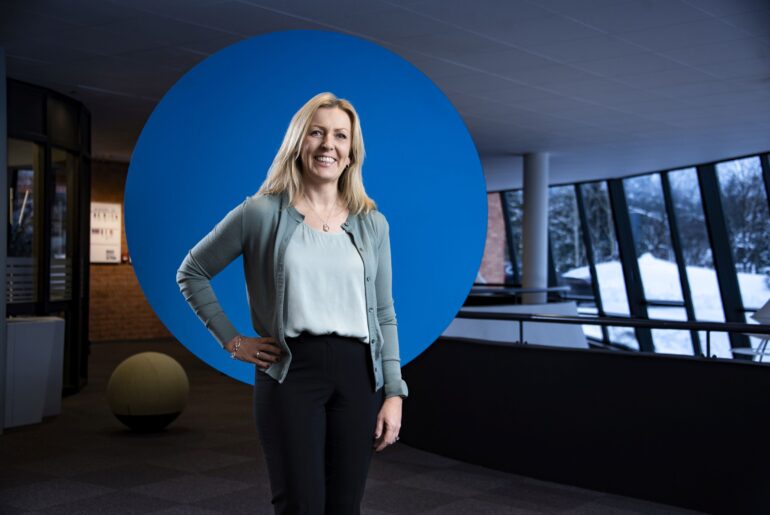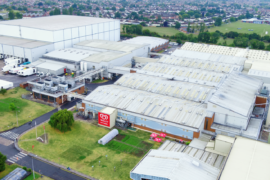Asker, Norway-headquartered Tomra revealed plans to accelerate a path to a sustainable future and double revenues in five years at its capital markets day on June 23 in Mülheim-Kärlich, Germany. The company’s strategy is built on increasing growth in its three core divisions and using the current business platform to develop adjacent business opportunities
With annual sales of of NOK 10.9 billion (€1.05 billion) and employing 4,600 people, the company ranks as a world leader in sensor-based sorting solutions and reverse vending machines (RVMs) for the food and recycling industries. In an effort to develop attractive adjacent business opportunities, it will focus on opportunities that are ripe for scaling, where there is a competitive advantage to succeed and potential for strong returns.
Among adjacent opportunities, Tomra gave examples such as collection systems for reusable packaging, digital business models, and closing the gap in plastics recycling.
With this strategy, the company launched a new set of financial ambitions for the coming five-year period. This includes 15 percent annual revenue growth, EBITA margin at 18 percent, 40-60 percent dividend payout and maintaining an investment-grade status.
“Over the course of 50 years, we have established a unique position which creates the foundation for our ambitious target to double our business in the next five years by accelerating growth in core and developing adjacent businesses,” said President and CEO Tove Andersen (pictured above).
Tomra launched its holistic sustainability targets towards 2030 covering these prioritized focus areas. Among these targets is the commitment to net-zero emissions and setting science-based targets.
“Transformation is at the heart of everything we do, so we have taken that principle and used it to create our sustainability strategy and focus areas,” said Tove. “Each focus area will have a transformational impact and deliver significant, measurable benefits for our people, customers and the environment. For a more sustainable future, we have an obligation to grow.”
The company has more than 12,800 sensor-based sorting machines and integrated post-harvest systems installed at food processing plans and there facilities of growers and packers of vegetables, fruits, potatoes, grains seeds, nuts and other products around the world.






